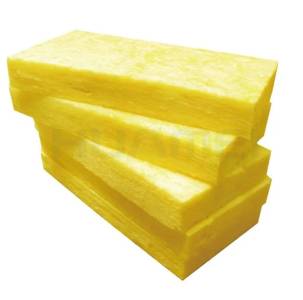
Glass wool, also known as fiberglass insulation, is a versatile and high-performing material used extensively in construction, industrial applications, and even specialized hobbies. Manufactured from molten glass fibers bonded together, it offers exceptional thermal and acoustic insulation properties, making it a cost-effective solution for a wide range of needs.
Key Features & Benefits:
Applications:
Specifications (Vary by product):
Precautions:
Choosing the Right Glass Wool:
The selection of appropriate glass wool depends on various factors, including the intended application, required R-value, budget, and environmental considerations. Consult with a qualified insulation professional to determine the best option for your specific needs.